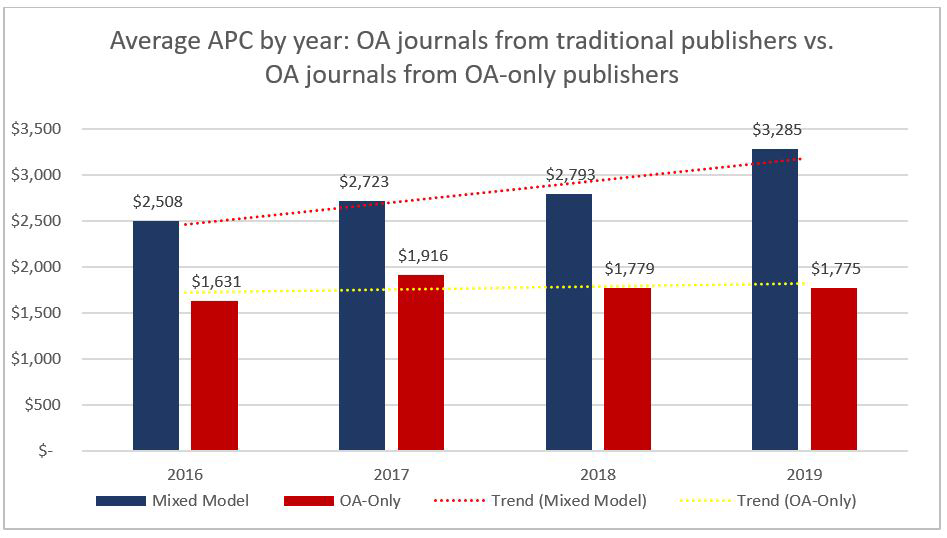OPEN SCIENCE
E.P.A. to Limit Science Used to Write Public Health Rules. In what is proposed as a step towards improved transparency in decision-making, the United States Environmental Protection Agency will require that “scientists disclose all of their raw data, including confidential medical records, before the agency could consider an academic study’s conclusions.” However, critics say that the effect will be that this means that new regulations will face an undue high burden of proof, given obstacles around the disclosure of sensitive medical records. A meeting of the US House of Representatives Committee for Science, Space, and Technology has heard evidence on the proposed rule.
Indonesia’s first scientific data bank is a step towards strengthening ‘open data’ practices. A news report by Luthfi T. Dzulfikar in The Conversation on Indonesia’s national repository.
PUBLISHING
An analysis of article processing charges paid by the Bill & Melinda Gates Foundation. This blog post in the Scholarly Kitchen analyses 3,268 invoices of article processing charges and finds that traditional publishers charge significantly more than OA-only publishers. Fully open access journals appear to be on track to be more popular than hybrid journals. See the figure below.
Plagiarism detection tools. In this blog post Elisabeth Bik provides an overview of the plagiarism detection tools that she is using in her work around research integrity.
IEEE has has become one of two gold sponsors of the Directory of Open Access Journals (DOAJ). So far, the publisher has five journals listed in the directory.
RESEARCH
Global lessons from South Africa’s rooibos compensation agreement. “Indigenous communities must be compensated for their knowledge and treated as equals in research,” writes Nature in a notable editorial.
CRISPR’s unwanted anniversary. In an editorial for Science, Jennifer Doudna calls for the urgent regulation of the CRISPR gene editing technology.
A large-scale survey of PhD students in Nature surfaces the strain on the students’ mental health. The evidence underlines the problematic environment of academia and the urgent need for change: “36% of respondents said that they have sought help for anxiety or depression caused by their PhD studies.”
EVENTS
OpenCon Oxford is taking place on December 6, 2019. We applaud OpenCon’s robust Code of Conduct.

Comparison of article processing charges for open access only publishers versus publishers with a mix of subscription and open access journals.
Credit (CC-BY): Dove, J. G., Kennison, R., Steel, G., Delos Reyes, N., & Dutilloy, J. (2019, November 7). Guest Post — Transparency: What Can One Learn from a Trove of Invoices? The Scholarly Kitchen. https://scholarlykitchen.sspnet.org/2019/11/07/guest-post-transparency-what-can-one-learn-from-a-trove-of-invoices/